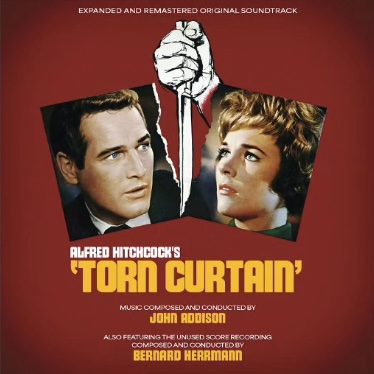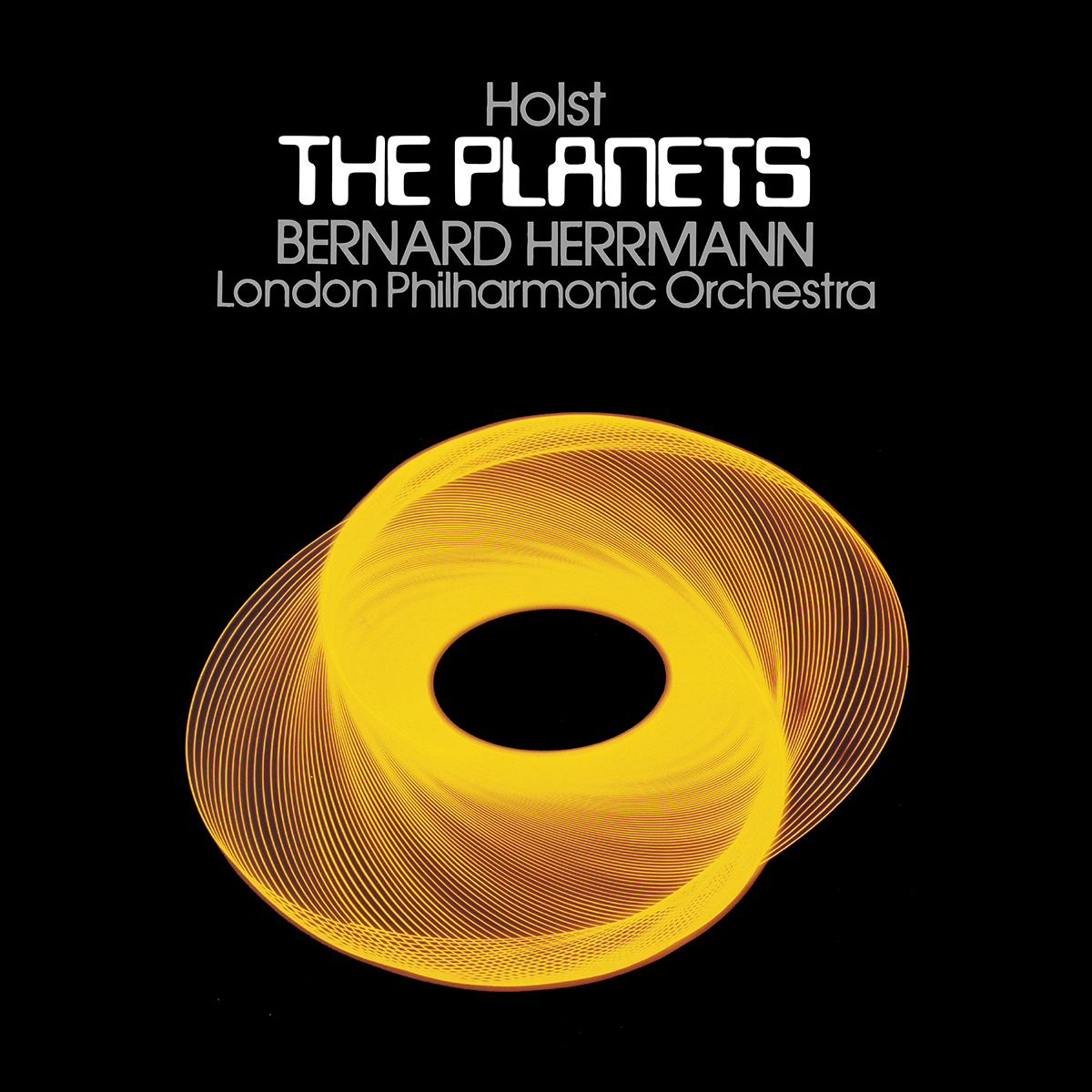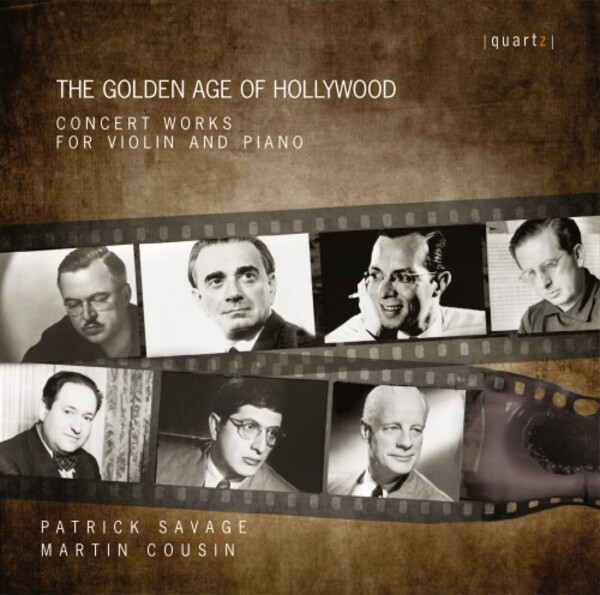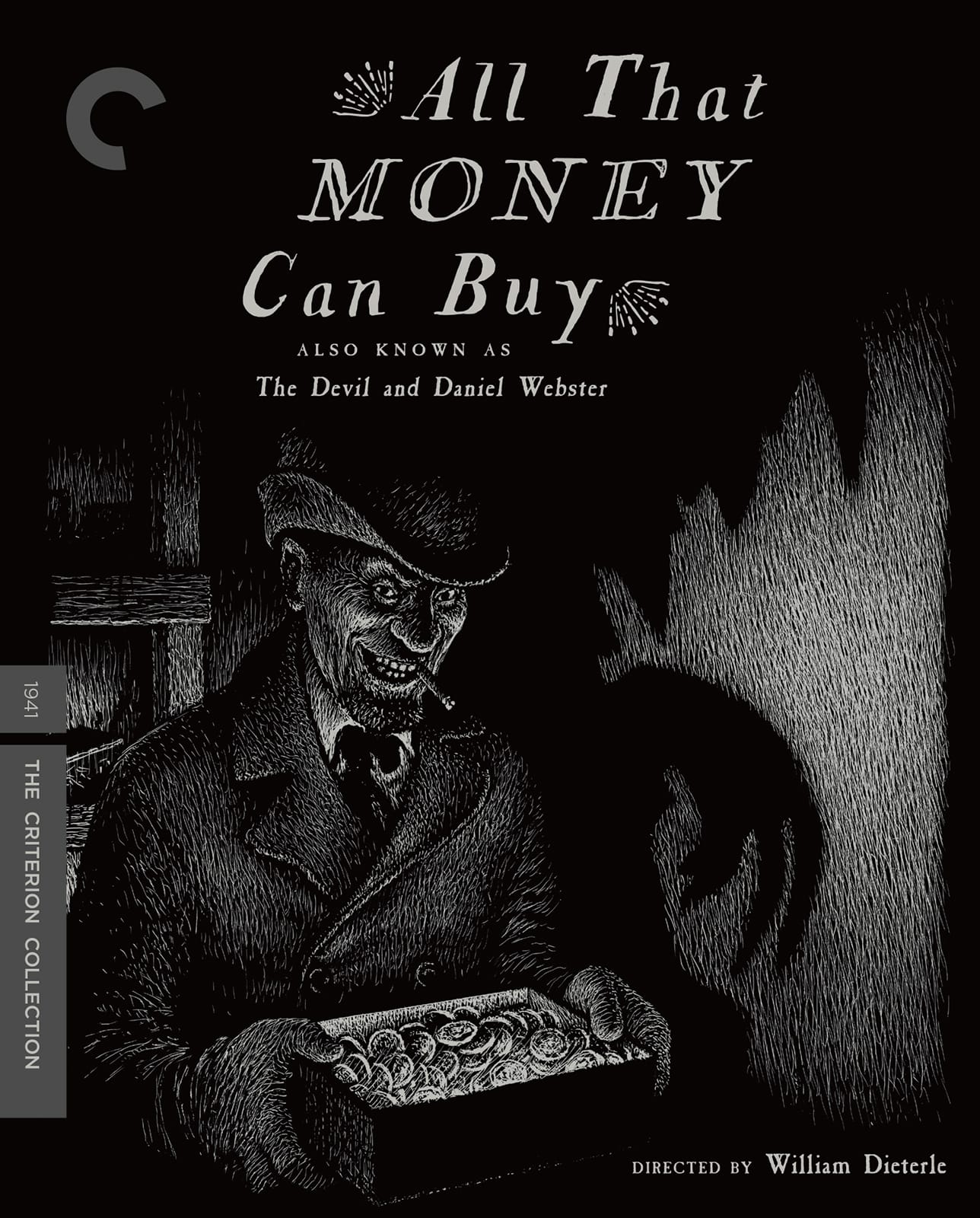Alfred Hitchcock was interviewed at his Universal Studios office during the production of Marnie by Telescope’s host and director, Fletcher Markle. The program was filmed in black and white. Near the end of the 30-minute broadcast Markle engages Hitchcock about the aesthetics of filmmaking. Hitchcock is talking about the difference between filming in color versus black and white.

TELESCOPE: A TALK WITH HITCHCOCK, Part 1
CBC Television, 1964
Directed by Fletcher Markle.
Running time approx. 30 minutes
[...]
Alfred Hitchcock: I prefer color because there is plenty to dramatize in color by NOT using color until you need it dramatically.
Fletcher Markle: In the same way that music is often valuable?

Hitchcock: Sure. I think music is very good, especially when it is needed for silence. (Smiles impishly)
Markle: The absence of it?
Hitchcock: Of course.
Markle: Obviously you think very highly of the work of Bernard Herrmann -
Hitchcock: I certainly do.
Markle: He’s been involved as the composer and conductor of the music in so many of your recent films. How do you and Mr. Herrmann go about examining the contribution of music in a film?
Hitchcock: I don’t know. As far as I’m concerned he does as he likes.

Bernard Herrmann: I’m brought in at the very beginning of the idea of a film. And by the time it has gone through all its stages of being written and rewritten and the final process of photographing it, I am so much a part of the whole thing that we have all begun to think one way.
Hitchcock: But, I’ve always found with musicians you’re in their hands anyway. What can you do? So very often I’ve been asked – not necessarily by Mr. Herrmann, but by other musicians – they say, “Come down, I want to know what you think of this.” You go down and you say, “I don’t care for it.” [And they say,] “Well you can’t change it; it’s all scored.” So the next time you take care and you say, “Can you play me some and let me hear some before you go to the expense of an orchestra?” [And they say,] “Oh no, no. You can’t play it on a piano. It’s not possible.” So there is no way to find out. So you are in the hands of a musician.
Herrmann (Amused and a little taken aback): Well, ah, Psycho is a very good example of the – if I might put it – of the freedom with which Hitch thinks about music. Originally the plan was in our discussions not to have any music over any of the murder scenes. However I differed with Hitch about this and I felt that music was needed.

[Start of clip from Psycho: Arbogast's murder]
Herrmann (voice over): And, ah, when the music was recorded and we were dubbing the film and we got to the murder scene and we ran the scenes without the music and then I suggested to Hitch that I would like to show him the same scenes with music. And he said, “I thought we agreed not to have any.” And I said, “We can have it that way, but at least listen to it the way I feel about it, that way I have written it.” And he said immediately [after seeing the scored version], “We must have the music, of course!” And I said, “But you were against it.” And he said, “Oh, no. All I made was an poor suggestion.”
[Clip continues to the end of the scene with a fade out of the stabbing knife and Arbogast's groans.]

Herrmann: Hitch has his own world of film. He’s created characters and places and stories for it very much the way Dickens did. It’s not a question of whether it’s a real world, or an actual world, but it’s a world that has been imagined and realized. Dickens was able to do it through the page and Hitch does it through film. And although many of the stories he has told are stories of our time, I believe the presentation and the motivating psychology is essentially of the period of Dickens and the great Victorian writers.
[Start of clip from Psycho]
Herrmann (voice over): Psycho is very much, for example like a Wilkie Collins story. I think this is part of Hitch’s great heritage as an Englishman and one he has been able to transmute and carry forth in the world of the cinema.
[...]
DVD

A few months after we published this transcript, A Talk with Hitchcock was released on VHS video tape and DVD in USA/Canada. This release contains both part 1 and part 2 of the interview.
VHS: CBC, ID9487CZ (NTSC).
DVD: CBC/Image Entertainment, ID9487CZDVD (region 1, NTSC).






![The Man Who Knew Too Much – 4K restoration / Blu-ray [A]](../../wp-content/uploads/2023/11/TMWKTM-4K.jpg)
![The Bride Wore Black / Blu-ray [B]](../../wp-content/uploads/2023/07/BrideWoreBlack.jpg)
![Alfred Hitchcock Classics Collection / Blu-ray [A,B]](../../wp-content/uploads/2020/07/AHClassics1.jpg)
![Endless Night (US Blu-ray) / Blu-ray [A]](../../wp-content/uploads/2020/03/EndlessNightUS.jpg)
![Endless Night (UK Blu-ray) / Blu-ray [B]](../../wp-content/uploads/2019/12/ENightBluRay.jpg)